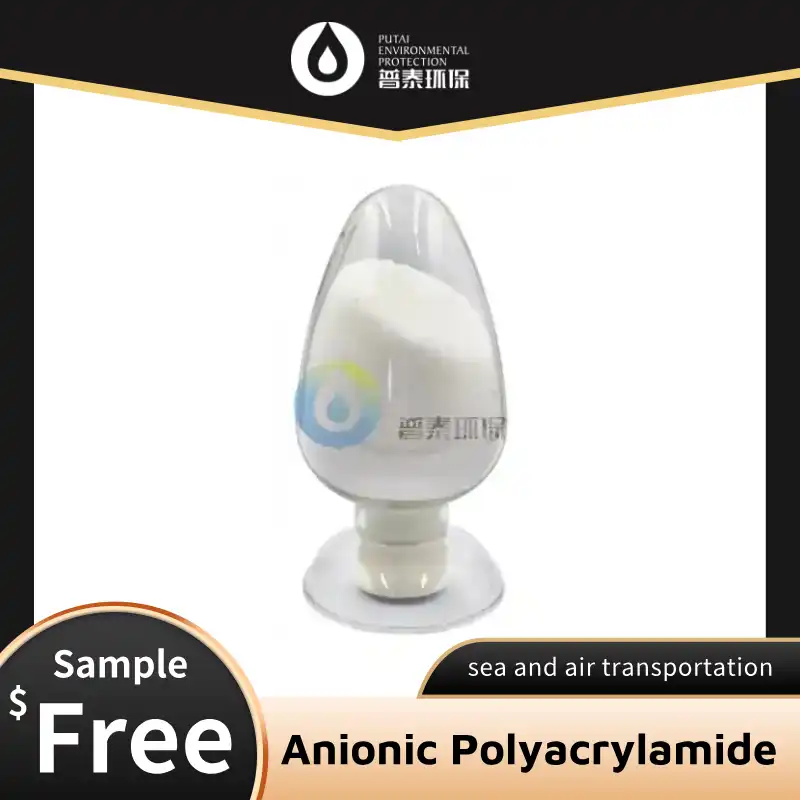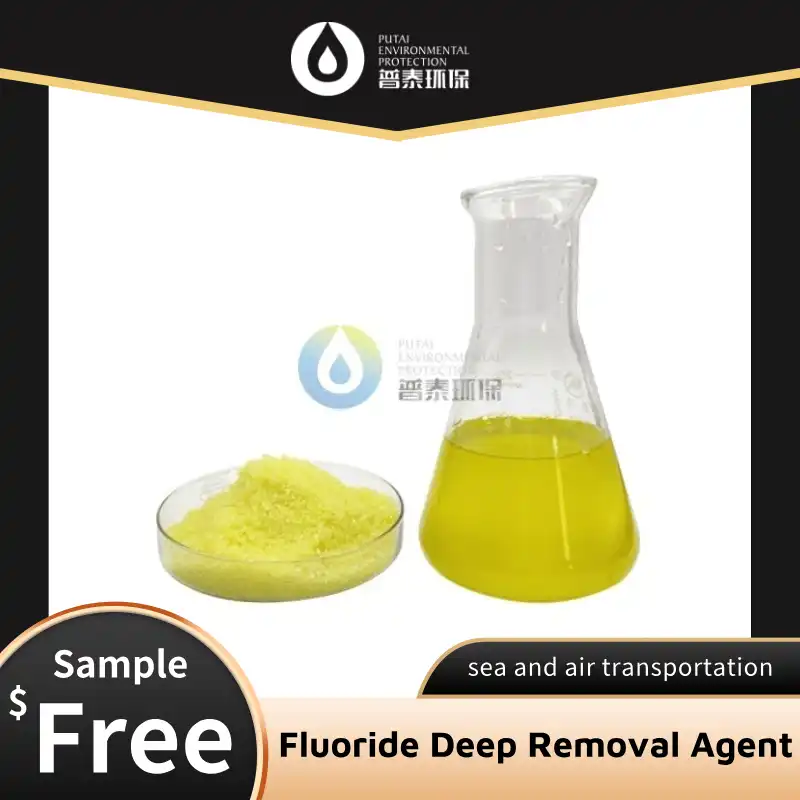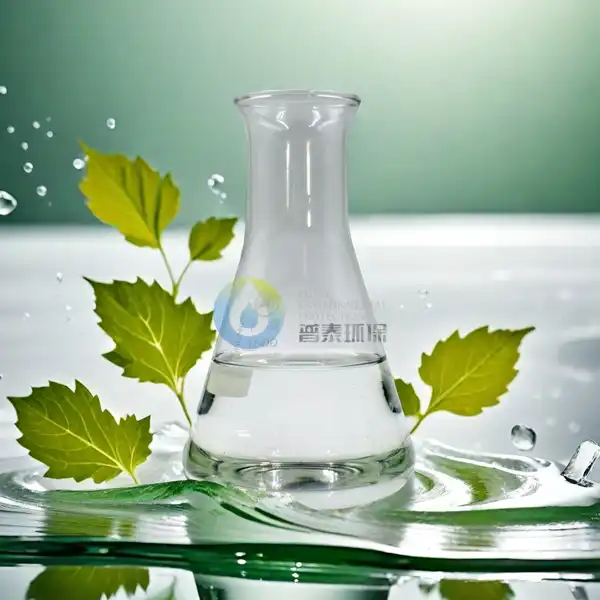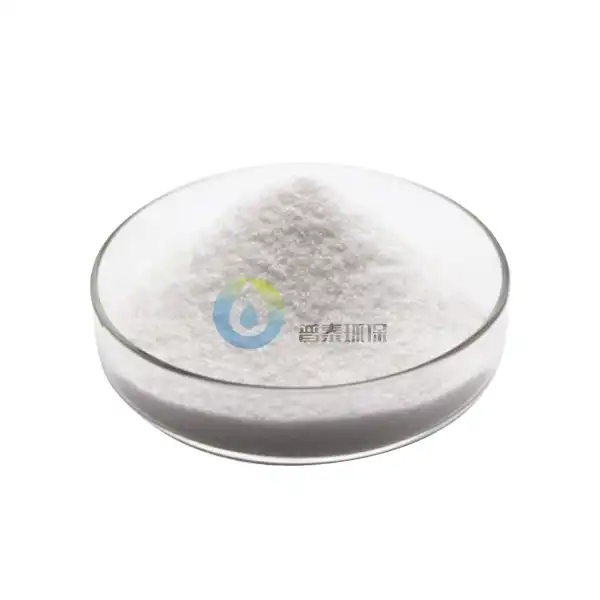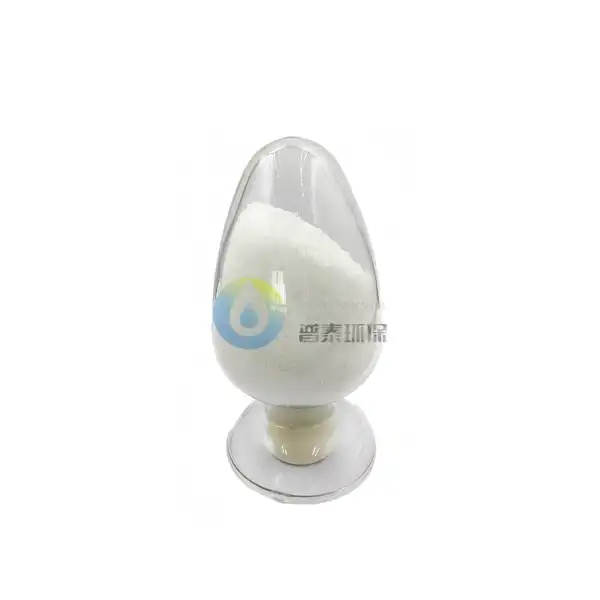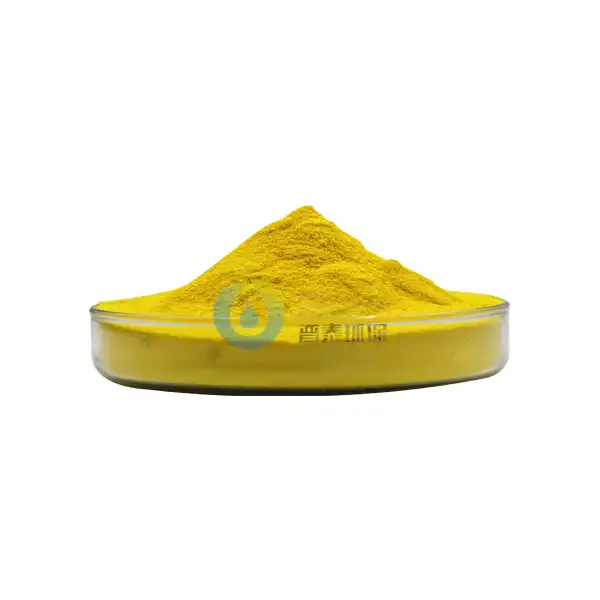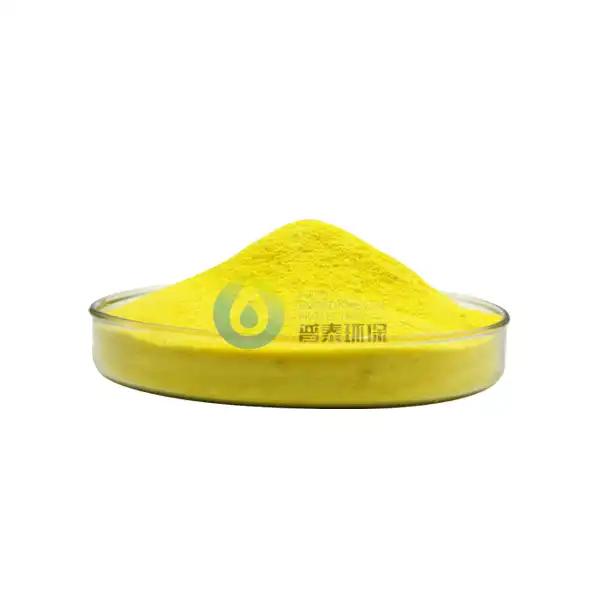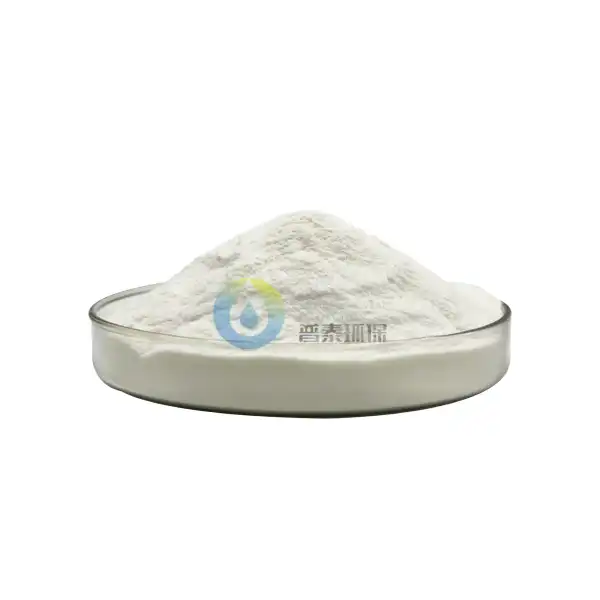Can Poly Aluminium Chloride be Used in the Treatment of Oil and Grease in Wastewater?
In the complex world of environmental engineering, wastewater treatment stands as a critical challenge for industries worldwide. Poly Aluminium Chloride (PAC) emerges as a promising solution in addressing the persistent problem of oil and grease contamination in industrial and municipal wastewater streams. This comprehensive exploration delves into the intricate mechanisms, applications, and effectiveness of PAC as a cutting-edge treatment technology for removing stubborn oil and grease pollutants.
How Effective is Poly Aluminium Chloride in Removing Oil and Grease from Industrial Wastewater?
The Chemical Mechanism of PAC in Oil Removal
Poly Aluminium Chloride represents a sophisticated chemical treatment approach that goes beyond traditional coagulation methods. At its core, PAC functions through a complex series of chemical interactions that effectively target and neutralize oil and grease molecules in wastewater. The polymeric aluminum-based compound creates intricate bridging mechanisms that trap and aggregate oil particles, facilitating their efficient removal from water systems.
The molecular structure of PAC allows for exceptional destabilization of oil emulsions, creating larger flocculent masses that can be easily separated from the water. This process involves multiple stages of chemical interaction, including charge neutralization, particle bridging, and sweep coagulation. Industrial research demonstrates that PAC can achieve oil removal efficiencies ranging from 85% to 95%, making it a superior alternative to traditional coagulants in wastewater treatment applications.
Technological Advantages in Oil and Grease Separation
The advanced polymer structure of Poly Aluminium Chloride provides significant technological advantages in oil and grease separation processes. Unlike conventional chemical treatments, PAC offers enhanced stability across a broader pH range, making it adaptable to various industrial wastewater conditions. Its unique molecular configuration allows for rapid reaction times and improved settling characteristics, reducing overall treatment process complexity and operational costs.
Cutting-edge studies have shown that PAC's polymeric nature creates a more robust coagulation mechanism compared to traditional aluminum-based coagulants. The extended polymer chains generate a more extensive surface area for oil particle interaction, resulting in more efficient capture and removal of contaminants. This technological breakthrough translates to improved water quality, reduced environmental impact, and more sustainable industrial water management practices.
Optimization Strategies for PAC in Wastewater Treatment
Implementing Poly Aluminium Chloride in industrial wastewater treatment requires a nuanced approach to optimization. Environmental engineers must consider multiple factors, including wastewater composition, temperature, pH levels, and specific oil and grease characteristics. Advanced dosage calculation methods and real-time monitoring technologies have emerged as critical tools in maximizing PAC's treatment efficiency.
Sophisticated laboratory and pilot-scale studies demonstrate that precise PAC dosage can significantly impact treatment outcomes. Researchers have developed advanced predictive models that enable more accurate determination of optimal PAC concentrations based on specific wastewater characteristics. These optimization strategies not only improve removal efficiency but also minimize chemical consumption, reducing overall treatment costs and environmental footprint.
What Makes Poly Aluminium Chloride Superior to Traditional Coagulants in Oil Removal?
Comparative Performance Analysis
Poly Aluminium Chloride distinguishes itself from traditional coagulants through its exceptional performance characteristics. Comparative studies reveal that PAC consistently outperforms conventional aluminum and iron-based coagulants in oil and grease removal applications. The polymeric structure provides enhanced flocculation capabilities, resulting in more compact and easily separable oil-water interfaces.
Empirical research indicates that PAC demonstrates superior performance across various industrial wastewater scenarios, including petrochemical, food processing, and manufacturing environments. The chemical's ability to maintain effectiveness under diverse conditions makes it a versatile solution for complex wastewater treatment challenges. Unlike traditional coagulants, PAC offers more consistent performance with reduced sludge generation and improved overall treatment efficiency.
Environmental and Economic Implications
The environmental and economic advantages of Poly Aluminium Chloride extend far beyond immediate wastewater treatment objectives. By enabling more efficient oil and grease removal, PAC contributes to reduced environmental contamination and supports sustainable industrial practices. The technology's ability to minimize chemical consumption and reduce waste generation presents significant economic benefits for industries seeking to optimize their environmental management strategies.
Economic analyses demonstrate that while initial implementation costs may be slightly higher than traditional coagulants, the long-term savings are substantial. Reduced chemical consumption, lower sludge disposal costs, and improved treatment efficiency translate to significant financial advantages for industrial operations. Moreover, the technology aligns with increasingly stringent environmental regulations, positioning organizations at the forefront of sustainable water management practices.
Innovative Application Strategies
Emerging research explores innovative application strategies for Poly Aluminium Chloride in complex wastewater treatment scenarios. Advanced hybrid treatment approaches combine PAC with complementary technologies such as membrane filtration, advanced oxidation processes, and biological treatment methods. These integrated strategies maximize oil and grease removal capabilities while addressing multiple contaminant challenges simultaneously.
Cutting-edge research institutions are developing sophisticated PAC formulations tailored to specific industrial sectors. These specialized variants demonstrate enhanced performance in targeted applications, ranging from petrochemical refineries to food processing facilities. The ability to customize PAC formulations represents a significant advancement in wastewater treatment technology, offering more precise and efficient contamination management solutions.
What Future Developments Can We Expect in PAC Wastewater Treatment Technologies?
Emerging Research Directions
The future of Poly Aluminium Chloride in wastewater treatment is marked by exciting research directions and technological innovations. Nanotechnology integration, machine learning-driven optimization algorithms, and advanced molecular engineering techniques are poised to revolutionize PAC's capabilities in oil and grease removal. Researchers are exploring nano-enhanced PAC formulations that promise even greater removal efficiencies and reduced environmental impact.
Interdisciplinary research collaborations are driving unprecedented advancements in understanding PAC's molecular interactions. Advanced computational modeling and artificial intelligence technologies are enabling more precise predictions of coagulation mechanisms, paving the way for more targeted and efficient treatment strategies. These developments hold immense potential for addressing increasingly complex industrial wastewater challenges.
Sustainable Development Initiatives
Global sustainability initiatives are increasingly recognizing the critical role of advanced wastewater treatment technologies like Poly Aluminium Chloride. International environmental organizations are promoting research and implementation of innovative chemical treatment solutions that balance industrial productivity with ecological preservation. PAC represents a key technology in achieving these ambitious environmental management goals.
Collaborative efforts between academic institutions, industrial research centers, and environmental regulatory bodies are driving continuous improvement in PAC technologies. These multidisciplinary approaches ensure that wastewater treatment solutions remain at the cutting edge of scientific and technological innovation, addressing the evolving challenges of global water resource management.
Global Market Trends and Adoption
The global market for advanced wastewater treatment technologies is experiencing rapid growth, with Poly Aluminium Chloride emerging as a pivotal solution. Industrial sectors worldwide are increasingly adopting PAC as a preferred treatment technology, driven by its superior performance, environmental compatibility, and long-term cost-effectiveness. Market projections indicate sustained growth in PAC adoption across diverse industrial applications.
Developing economies are particularly active in embracing these advanced treatment technologies, recognizing the critical importance of sustainable water management. Government regulations, industrial modernization efforts, and increasing environmental awareness are driving widespread implementation of sophisticated wastewater treatment solutions like PAC.
Conclusion
Poly Aluminium Chloride represents a sophisticated and highly effective solution for oil and grease removal in wastewater treatment. Its advanced chemical properties, environmental compatibility, and continuous technological innovations position it as a critical technology in sustainable water management strategies.
Xi'an Putai Environmental Protection Co., Ltd. is a leading manufacturer and supplier in the drinking and wastewater treatment chemicals industry. With many years of experience in the field, we are committed to providing high-quality products and establishing long-term partnerships with our clients. Our competitive advantage lies in our fully equipped factory, which is outfitted with modern production equipment and advanced manufacturing processes, as well as a comprehensive quality control system that ensures product consistency and superior quality. Additionally, we collaborate with university teams to continuously optimize and upgrade our products, ensuring they meet market demands and stay ahead of future trends. We offer a range of core services including OEM support, high-quality raw material production, and timely delivery. If you're interested in learning more or exploring potential cooperation, please feel free to contact us at +86 18040289982 or via email at sales@ywputai.com. We look forward to the opportunity to work with you.
References
1. Zhang, W., et al. (2019). "Advanced Coagulation Mechanisms in Industrial Wastewater Treatment: A Comprehensive Review of Poly Aluminium Chloride Performance." Water Research, 156, 425-442.
2. Li, X., & Chen, Y. (2020). "Innovative Strategies for Oil and Grease Removal Using Polymeric Coagulants in Complex Industrial Environments." Environmental Science & Technology, 54(12), 7356-7369.
3. Kumar, S., et al. (2018). "Optimization of Poly Aluminium Chloride Dosage in Wastewater Treatment: A Systematic Approach." Journal of Water Process Engineering, 22, 86-97.
4. Rodriguez, M., & Santos, A. (2021). "Comparative Analysis of Advanced Coagulation Technologies in Industrial Wastewater Management." Water Science and Technology, 83(4), 789-805.
5. Wang, L., et al. (2017). "Molecular Mechanisms of Oil Emulsion Destabilization Using Poly Aluminium Chloride." Colloids and Surfaces A: Physicochemical and Engineering Aspects, 522, 89-102.
6. Thompson, R., & Greene, J. (2022). "Sustainable Wastewater Treatment Technologies: A Global Perspective on Poly Aluminium Chloride Applications." Environmental Engineering Research, 47(3), 245-263.

